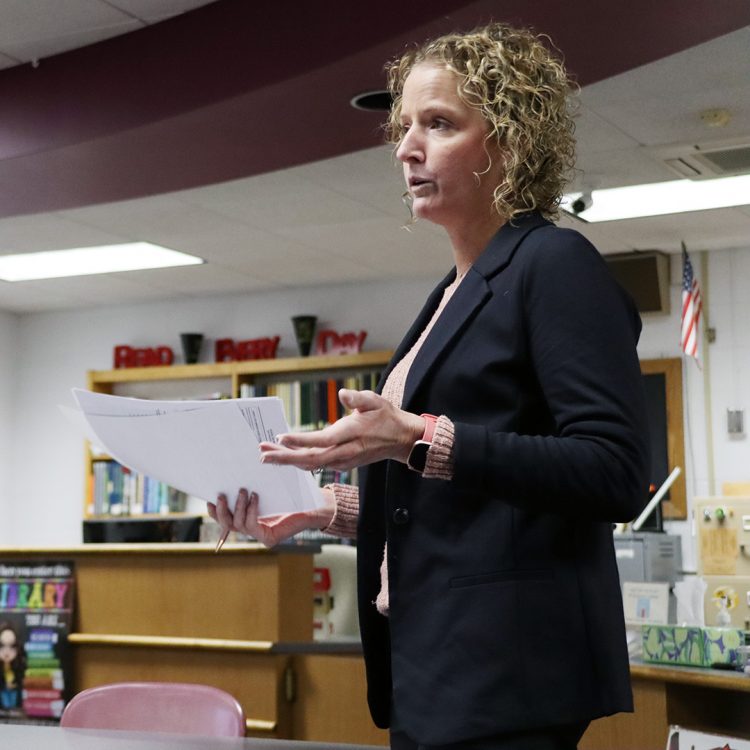Cadott School Board - Changes coming, as sixth grade prepares for a move


Sheanne Hediger, Baker Tilly, reported on the Cadott School audit, Jan. 13, sharing that the district looks to be in good shape. Baker Tilly bases that statement off the financial ...





